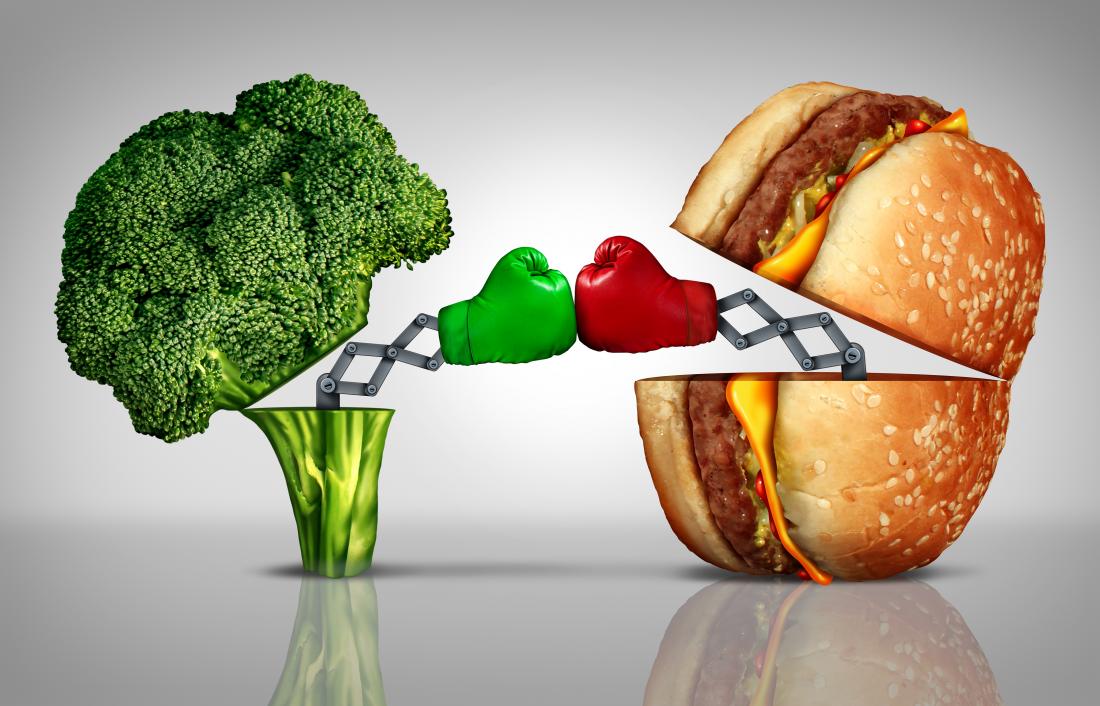The Benefits of Eating Meat vs Vegetarian
When it comes to dietary choices, the debate between eating meat and following a vegetarian lifestyle has been ongoing. Both options have their own set of advantages and considerations. In this article, we will explore the benefits of eating meat as well as the benefits of being a vegetarian, providing you with a comprehensive overview to help you make an informed decision.
Benefits of Eating Meat
Eating meat can offer various benefits to individuals who include it in their diet. Here are some key advantages:
High-Quality Protein Source
Meat is an excellent source of high-quality protein, which is essential for the growth, repair, and maintenance of body tissues. It provides all the essential amino acids required by the body, promoting muscle development and overall health.
Rich in Essential Nutrients
Meat is a nutrient-dense food that contains essential nutrients like iron, zinc, vitamin B12, and omega-3 fatty acids. These nutrients play crucial roles in various bodily functions, including brain health, immune function, and energy production.
Complete Protein Profile
Unlike plant-based protein sources, meat provides a complete protein profile, meaning it contains all the essential amino acids required by the body in adequate amounts. This makes it easier for the body to utilize and absorb the protein effectively.
Improved Micronutrient Absorption
Meat consumption can enhance the absorption of certain micronutrients like iron and zinc from other foods. These minerals are better absorbed from animal sources compared to plant-based sources, making meat an important dietary component for individuals at risk of deficiencies.
Benefits of Being a Vegetarian
Adopting a vegetarian lifestyle also offers numerous benefits. Let’s explore them:
Increased Intake of Fiber and Antioxidants
Vegetarian diets tend to be rich in fruits, vegetables, whole grains, and legumes, which are excellent sources of dietary fiber and antioxidants. These components contribute to improved digestion, reduced risk of chronic diseases, and overall well-being.
Lower Risk of Certain Health Conditions
Research suggests that vegetarians have a lower risk of developing conditions such as heart disease, high blood pressure, obesity, and certain types of cancer. This may be attributed to the higher intake of plant-based foods and the exclusion of potentially harmful components found in some meats.
Environmental Sustainability
Choosing a vegetarian lifestyle can have a positive impact on the environment. Animal agriculture is a significant contributor to greenhouse gas emissions, deforestation, and water pollution. By reducing meat consumption, individuals can contribute to a more sustainable and eco-friendly planet.
Ethical Considerations
Many individuals choose vegetarianism due to ethical reasons, such as concerns for animal welfare and the desire to reduce animal suffering. By eliminating meat from their diet, they actively participate in promoting compassion towards animals.

As we have seen, both eating meat and following a vegetarian lifestyle offer unique benefits. The decision ultimately depends on individual preferences, health considerations, ethical beliefs, and environmental concerns. It’s important to make an informed choice that aligns with your values and meets your nutritional needs. Remember, whether you choose to include meat in your diet or opt for a vegetarian lifestyle, balance, and variety are key to maintaining a healthy and well-rounded diet.
Frequently Asked Questions
1. What are the nutritional benefits of eating meat?
Eating meat provides essential nutrients like protein, iron, zinc, and vitamin B12, which are important for growth, energy, and overall health.
2. Can a vegetarian diet provide all the necessary nutrients?
Yes, a well-planned vegetarian diet can meet all your nutritional needs by including plant-based protein sources, iron-rich foods, and vitamin B12 fortified products.
3. Are there any environmental benefits of being vegetarian?
Yes, vegetarian diets generally have a lower carbon footprint as they require fewer resources, such as water and land, compared to meat-based diets.
4. Does eating meat contribute to heart disease?
Consuming excessive amounts of red and processed meat has been linked to an increased risk of heart disease. However, lean meats in moderation can be part of a healthy diet.
5. Can a vegetarian diet help in weight management?
Vegetarian diets are often lower in calories and saturated fat, which can aid in weight management. However, it’s important to maintain a balanced diet and portion control.
6. Are there any potential health risks associated with a vegetarian diet?
If not planned properly, a vegetarian diet may lack certain nutrients like vitamin B12, omega-3 fatty acids, and iron. However, these can be obtained through supplements or fortified foods.
7. Is it possible to build muscle on a vegetarian diet?
A well-planned vegetarian diet can provide sufficient protein for muscle building. Plant-based protein sources like legumes, tofu, and quinoa can be incorporated into a muscle-building regimen.
8. Can a vegetarian diet reduce the risk of certain cancers?
Research suggests that vegetarian diets may be associated with a lower risk of certain cancers, such as colorectal cancer. However, more studies are needed to establish a definitive link.
9. Are there any economic benefits to choosing a vegetarian lifestyle?
Vegetarian diets can be cost-effective as plant-based protein sources and grains tend to be less expensive than meat products. It can also reduce healthcare costs associated with certain diseases.
10. Can a vegetarian diet help in reducing the risk of chronic diseases?
Vegetarian diets, when well-balanced and rich in fruits, vegetables, whole grains, and legumes, can contribute to a lower risk of chronic diseases like obesity, type 2 diabetes, and hypertension.




